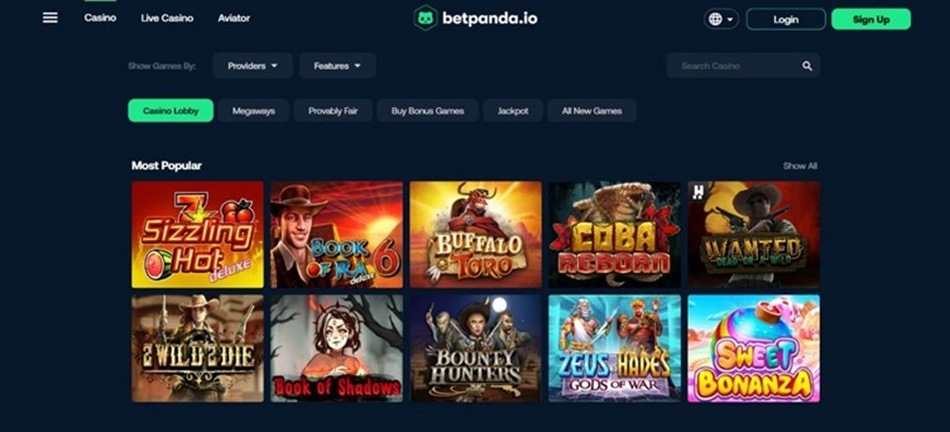A Comprehensive Guide to Unlocking Your Full Potential
A Comprehensive Guide to Unlocking Your Full Potential
Blog Article

Hook: Start with a compelling quote or story about a successful individual, illustrating how success is a journey rather than a destination.
Thesis Statement: Success in life is no verification casino a multifaceted concept that involves mindset, habits, resilience, relationships, and purpose. This article explores these elements in depth, offering practical strategies for achieving long-term success.
1. Mastering the Mindset
Growth vs. Fixed Mindset: Introduce Carol Dweck's concept of growth and fixed mindsets. Explain how a growth mindset fosters continuous learning, adaptability, and a positive attitude towards challenges.
Importance of Self-Belief: Discuss how belief in oneself is foundational to success. Include psychological research on the power of positive thinking and self-efficacy.
Practical Tips: Offer strategies for cultivating a growth mindset, such as embracing failure as a learning opportunity and setting challenging yet achievable goals.
2. The Power of Consistency and Habits
The Science of Habits: Explain the neurological basis of habits, referring to Charles Duhigg's "The Power of Habit." Discuss the habit loop (cue, routine, reward) and how it can be leveraged for success.
Building Productive Habits: Emphasize the role of daily routines and consistency in achieving long-term goals. Provide examples of successful people who attribute their achievements to consistent habits.
Practical Tips: Guide readers on how to form new habits, break bad ones, and maintain consistency over time. Introduce the concept of "atomic habits" and the importance of starting small.
3. Resilience and the Art of Bouncing Back
Understanding Resilience: Define resilience and its importance in navigating life's challenges. Cite examples of historical figures who displayed extraordinary resilience.
The Role of Failure: Discuss how failure is an inevitable part of the success journey. Share stories of famous failures who eventually achieved great success (e.g., Thomas Edison, J.K. Rowling).
Practical Tips: Offer advice on building resilience, such as practicing mindfulness, developing a support network, and reframing negative experiences.
4. The Importance of Building Strong Relationships
Networking and Success: Explain the significance of building a strong professional and personal network. Discuss how relationships can open doors to new opportunities and provide support during tough times.
The Role of Emotional Intelligence: Introduce the concept of emotional intelligence (EQ) and its impact on relationship-building and success. Highlight the five components of EQ: self-awareness, self-regulation, motivation, empathy, and social skills.
Practical Tips: Provide strategies for improving emotional intelligence and building meaningful relationships, such as active listening, empathy, and effective communication.
5. Aligning Purpose with Goals
Finding Your Purpose: Discuss the importance of living a purpose-driven life. Explain how aligning one's goals with their core values leads to more fulfilling and sustainable success.
The Role of Passion: Explore the connection between passion and success. Share stories of individuals who have turned their passions into successful careers.
Practical Tips: Offer exercises for discovering one’s purpose and aligning it with career and personal goals. Include advice on how to stay motivated and avoid burnout.
6. The Role of Financial Literacy
Financial Stability as a Foundation: Argue that financial literacy is crucial for long-term success. Discuss how financial stability allows individuals to pursue their goals without the stress of financial insecurity.
Key Financial Principles: Introduce essential financial concepts such as budgeting, saving, investing, and debt management. Explain how these principles contribute to overall success.
Practical Tips: Provide actionable steps for improving financial literacy, such as creating a budget, understanding credit scores, and planning for retirement.
Conclusion
Recap of Key Points: Summarize the key elements discussed: mindset, habits, resilience, relationships, purpose, and financial literacy.
Final Thoughts: Reinforce that success is a personal journey that involves continuous growth, learning, and adaptation. Encourage readers to take actionable steps toward their version of success.
Call to Action: Invite readers to reflect on their current path and identify areas where they can implement the strategies discussed to achieve greater success in their lives.